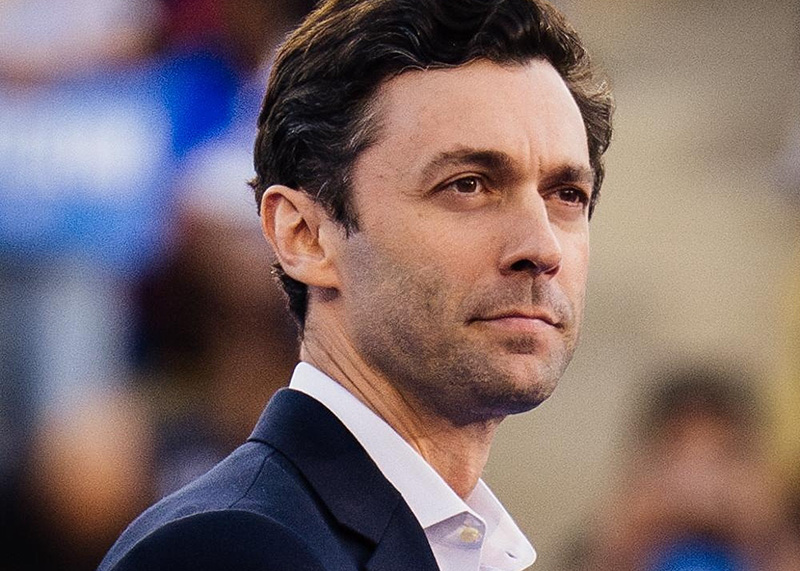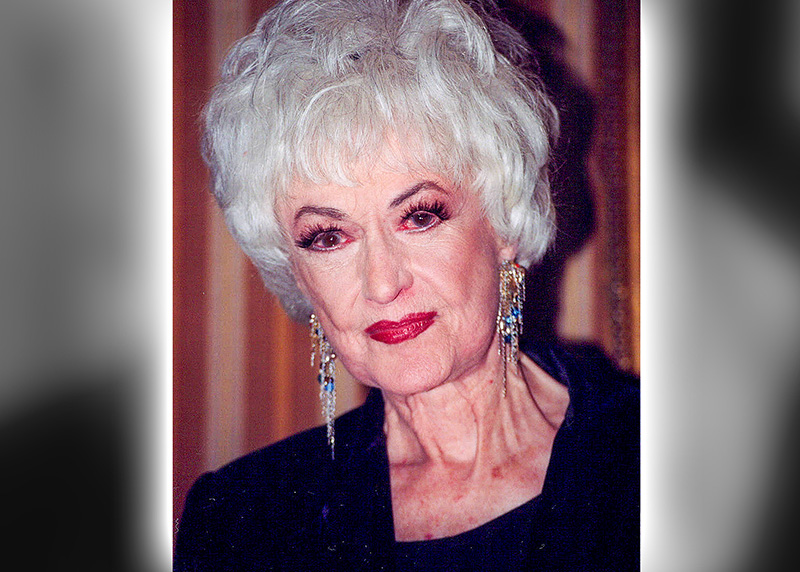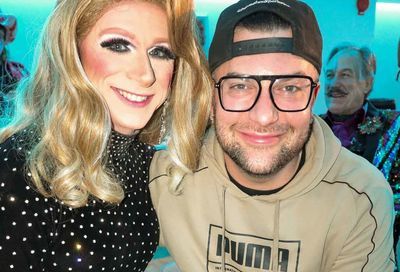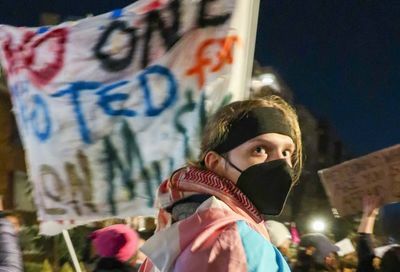Indonesia Considering a Ban on LGBTQ Content
Indonesia lawmakers are proposing a ban on LGBTQ content, investigative journalism, and depictions of "negative behavior or lifestyles."

Indonesia’s parliament is proposing changes to the country’s broadcast law that may constitute a direct attack on freedom of the press.
The changes would ban investigative journalism and the dissemination of any LGBTQ-related content.
Changes to the existing broadcast law, which has been in place since 2002, were first discussed four years ago. But a coalition of civil rights groups, free press advocates, and filmmakers decried the proposed changes as attempts to undermine freedom of speech and freedom of expression.
“The impact on press freedom is very serious,” Arif Zulkifli, head of Indonesia’s Press Council’s law and legislative division, told Reuters. “Indonesia’s Press Law says there must not be any censorship or banning of journalism. So this is contradictory.”
The government has not yet received the draft bill, communications minister Budi Arie Setiadi told Reuters.
Human rights activists fret that some of the restrictions floated could impede the ability of journalists to do their jobs and may undermine liberties that were gained following the end of the 31-year-long Suharto dictatorship in 1998.
While it’s unclear how the ban on investigative reporting might be carried out, journalist advocacy organizations have expressed fears of government censorship.
Bayu Wardhana, head of the association of independent journalists, warned that some of the proposed changes could mean that journalists “will no longer be able to reveal important stories, such as on corruption, nepotism and environmental crimes.”
Some of the proposals would reportedly ban content displaying violence, mysticism, LGBTQ identities, or “negative behavior or lifestyles that potentially harm the public.”
That ban would apply to any and all broadcast stations in Indonesia, as well as online streaming platforms.
Filmmaker Joko Anwar described the proposed restrictions as “dangerous” and “impossible” to implement.
“The ban on such content not only impedes the creativity of the creative industry, and freedom of the press, but also undermines people’s capacity to filter what they watch,” he said.
Lawmakers from Commission 1, which is overseeing the proposed bill, said that the proposals are only in the initial stage and could potentially change in the future.
“We don’t want to give the impression that we are homophobic, and monitor excessively,” said Nico Siahaan, a Commission 1 member, adding the final version of the law would be strongly debated before passage.
Homosexuality is taboo in Indonesian society, although it technically is not criminalized in the Muslim-majority country. Conservative authorities have cracked down on LGBTQ venues, the ruling right-wing populist party has railed against LGBTQ visibility to earn votes, and same-sex relations are illegal in Aceh province, where local authorities regularly enforce Sharia law.
There have even been reports of LGBTQ people being forcibly subjected to conversion therapy in order to “change” their sexual orientation or gender identity.
Last fall, the band Coldplay saw one of their concerts protested by anti-LGBTQ Muslims who took offense at the band’s past support of the LGBTQ community, accusing them of spreading gay propaganda.
A month later, two soldiers in the army were sentenced to seven months in prison for engaging in consensual relations, which is prohibited under military regulations.
Another law passed last year banned sex outside of marriage, which is enforceable not only against citizens of the country, but could result in unmarried and LGBTQ tourists being jailed for up to a year in prison if caught engaging in sex.
Support Metro Weekly’s Journalism
These are challenging times for news organizations. And yet it’s crucial we stay active and provide vital resources and information to both our local readers and the world. So won’t you please take a moment and consider supporting Metro Weekly with a membership? For as little as $5 a month, you can help ensure Metro Weekly magazine and MetroWeekly.com remain free, viable resources as we provide the best, most diverse, culturally-resonant LGBTQ coverage in both the D.C. region and around the world. Memberships come with exclusive perks and discounts, your own personal digital delivery of each week’s magazine (and an archive), access to our Member's Lounge when it launches this fall, and exclusive members-only items like Metro Weekly Membership Mugs and Tote Bags! Check out all our membership levels here and please join us today!























You must be logged in to post a comment.